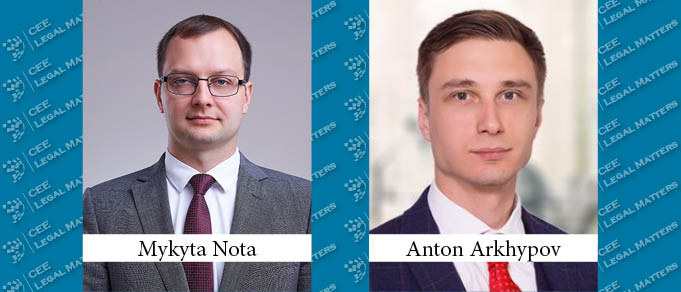This article explains the tools available under Ukrainian competition law that allow interested third parties (customers, suppliers, competitors, etc.) to participate in the merger review process and protect their rights and interests. It also addresses merging parties’ potential risks associated with the involvement of third parties.
Time for Action
Under Ukrainian law, if a merger may lead to monopolization or significant restriction of competition in the Ukrainian market, the Antimonopoly Committee of Ukraine will conduct an in-depth investigation (Phase II).
While the merger notification is not accessible to the public, the regulator announces the start of Phase II to maintain transparency in the merger review process. This enables any interested party to share their perspective on the proposed transaction and its potential effects on competition. However, it also creates an opportunity for third parties to use this as a means to stall the merger review process.
Grounds and Procedure
A third party (for example, a competitor) who believes that its rights and interests might be significantly restricted due to the notified merger, may request the regulator to permit it to join the investigation proceedings. In practice, there have been instances where minority shareholders of one of the merging parties submitted such requests to the regulator. A third party may submit the request anytime during the investigation, which may delay the merger review process. If the regulator approves the request, the third party will have similar procedural rights as the merging parties, including limited access to case files to preserve the confidentiality of sensitive information.
Regulator’s View
In practice, the regulator does not take the information provided by the third party at face value since it may be biased in its influence on the regulator’s decision-making process. Therefore, any request to be involved in the investigation proceedings and objections to the merger which the third party may have should be well grounded and, ideally, supported by solid evidence (for example, expert reports).
Court’s View
If the regulator denies the request, the third party may appeal such decision in court. Under Ukrainian law, the third party would have two months following the receipt of the regulator’s decision to challenge it on the following grounds: (a) non-compliance with or incorrect application of the rules of substantive or procedural law; (b) incomplete investigation of the relevant circumstances of the case and failure to prove the relevant circumstances which the regulator’s decision considers as established; and/or (c) lack of correlation between the case circumstances and the conclusions in the case.
The review of such claims by Ukrainian courts does not automatically terminate the consideration of the merger case. However, if the court dispute makes it impossible to continue considering the merger case, the regulator must suspend the investigation of the merger case pending the outcome of the court dispute.
Takeaway
By employing such strategy, a third party may achieve several goals from administrative and business perspectives.
For example, the regulator would be required to assess information received from the third party in deciding whether to clear the merger, even if it is communicated at a late stage of the investigation. Therefore, it is likely that all or at least some concerns of the third party about the merger would be addressed. This, however, may delay the merger review process. At the same time, by getting involved in the merger case, the third party may create more room for negotiation with the merging parties about their commercial relationships to secure its business position post-merger.
Even though often overlooked, Ukrainian competition law provides for a wide range of tools, which, if used correctly, may ensure the efficiency of the investigation and effective protection of the merging parties and interested third parties that are not directly connected to the notified merger.
By Mykyta Nota, Partner, and Anton Arkhypov, Counsel, Avellum
This article was originally published in Issue 10.6 of the CEE Legal Matters Magazine. If you would like to receive a hard copy of the magazine, you can subscribe here.
















